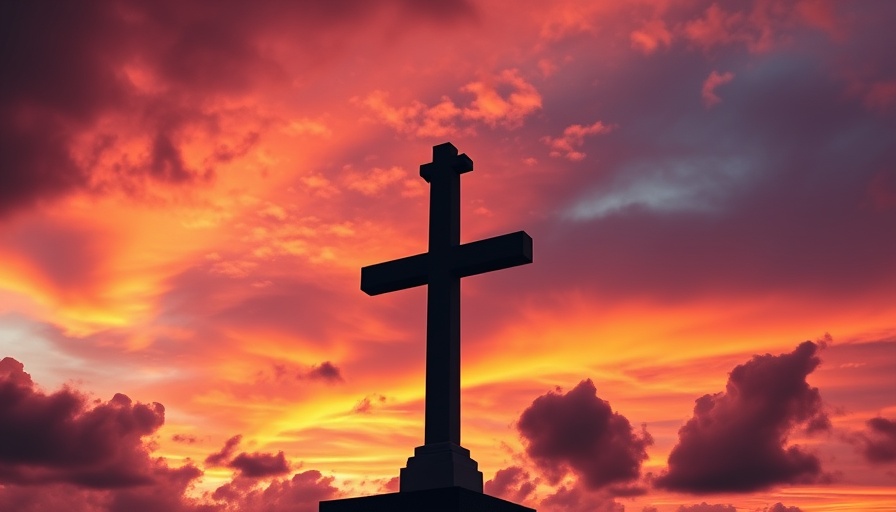
Saul: A Mirror of Our Insecurities
In the annals of biblical history, few stories resonate as profoundly as that of Saul, Israel's first king. His tale is not one of unblemished victories or resounding successes. Instead, it unfolds as a poignant narrative of unmet potential and the relentless grip of self-doubt, a theme that resonates deeply within our everyday lives. Why does Saul's story tug at our hearts? Because in his struggles, we often see reflections of our personal fears and failings.
The Unexpected Call
Imagine young Saul, searching for his father's lost donkeys, leading a life marked by ordinary responsibilities. His path takes an extraordinary turn when he's unexpectedly chosen by God to be Israel's king. The divine call, however, overwhelms him. Saul's self-doubt surfaces as he asks, "Am I not a Benjamite, from the least of the tribes?" (1 Samuel 9:21). This feeling of inadequacy, so stark and relatable, raises questions—how often do we feel insufficient for the roles we are called to play in life? Like Saul, might we also grapple with the whisper that taunts us, reminding us that we are not enough?
Cracks in the Crown
Initially hailed as a leader, Saul's reign begins with victory, but it isn't long before the pressures of leadership reveal deep-seated insecurities. He begins to fear losing the people's favor more than he reveres God. His impatience leads to disobedience, and instead of solidifying his legacy, he embarks on a slow, deteriorating descent into turmoil. This gentle erosion of character is a danger many of us face—allowing our fears and insecurities to undermine our confidence and faith.
Turning Points in Leadership
Saul's journey shifts dramatically as he encounters an evil spirit sent by God (1 Samuel 16:14). This illustrates the tumultuous relationship between disobedience and divine consequences. Saul's growing detachment from God's guidance signifies a critical lesson: without a solid foundation built on trust and obedience, even the mightiest can falter. When we elevate our fears above our faith, the consequences can resonate beyond ourselves, affecting our community.
Lessons From Failure
Saul's story teaches us about the depth of human insecurity and the mistakes we make when we allow external pressures to shape our identities. His struggles remind us that our failures do not define us; rather, they serve as cautionary tales about the need to root ourselves firmly in God's promises. Just as Saul battled the demons of inadequacy, we must confront and reclaim our identities in a world rich with comparison and competition.
The Importance of Listening to the Right Voice
In our daily lives, we often find ourselves torn between conflicting messages. Do we heed the nurturing whispers of our Creator or succumb to the relentless nagging of self-doubt? Saul's life illustrates the pivotal choice we need to make: to embrace our calling rather than avoid it because we feel inadequate. By choosing to listen to God's affirmations instead of our insecurities, we build our true identity. We are His, and in that equity lies our strength.
A Legacy of Wounded Leadership
As members of the SDA faith community, Saul's narrative is both a caution and an inspiration. His tragic fall from grace ultimately serves as a reminder for all leaders—spiritual or otherwise—that our vulnerabilities can shape our legacies. The mantle of leadership requires not only ability but an unwavering faith in God, particularly when external pressures mount.
Reflecting on Saul's life encourages us to foster community support, understanding, and kindness. Encouraging one another in times of doubt can uplift our collective journey of faith.
Call to Action: Embrace Your Higher Calling
Take a moment to reflect on your personal calling, not just as an individual but as part of a larger community. How often do we allow fear to stifle our potential? We are invited to rise above these doubts and reaffirm our faith in God's purpose for us. Share your own story, struggles, and victories, and inspire others in our faith community to do the same. Together, we can redefine our narratives and cultivate a spirit of empowerment that echoes the divine call to leadership in service.
 Add Row
Add Row  Add
Add 




Write A Comment